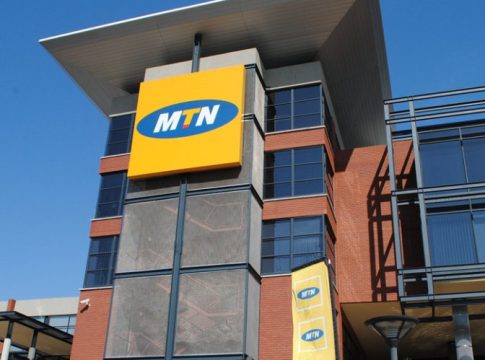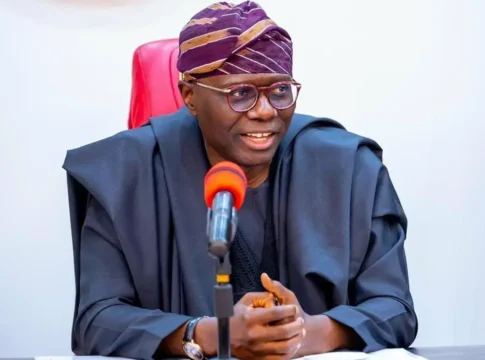MTN Nigeria has recovered ₦32 billion from commercial banks as part of a long-running dispute over unpaid fees for Unstructured Supplementary Service Data (USSD) services. However, ₦42 billion remains outstanding, signaling that tensions between telecom operators and banks are far from over.
The payment follows a directive from the Central Bank of Nigeria (CBN) and the Nigerian Communications Commission (NCC), mandating banks to settle their outstanding debts. According to MTN’s financial disclosures, banks were required to pay 60% of all pre-API invoices by July 2, 2025, and 85% of post-API invoices by December 31, 2024.
“This is a step in the right direction, but the full resolution of the USSD debt crisis still depends on banks honoring their remaining obligations,” an industry source told Bloomberg.
A Years-Long Dispute Over USSD Fees
USSD services allow mobile users to conduct banking transactions without internet access. However, a dispute erupted in 2020 when banks and telecom operators clashed over the ₦6.98 flat fee per transaction. While telecoms insisted that banks should pay directly for the service, banks resisted, leading to an impasse that lasted for years.
READ MORE: Nigeria’s Local Refineries Cover Less Than 50% of Daily Fuel Demand – NMDPRA
By December 2024, the CBN and NCC issued a circular compelling banks to settle their debts and agree to a structured payment plan. Failure to comply led to regulatory actions, including a temporary suspension of USSD services for nine banks, such as Zenith Bank, UBA, and FCMB, in January 2025.
“This impasse was long overdue for resolution,” said a senior telecom executive. “Telecoms provided the infrastructure, yet we had to fight tooth and nail to get paid.”
What Comes Next?
While the ₦32 billion payment signals progress, the unresolved ₦42 billion debt raises concerns about full compliance. The coming months will test whether banks adhere to the regulators’ directive or if further interventions will be necessary.
Industry analysts warn that unresolved USSD debt could impact future telecom-banking collaborations, potentially disrupting digital banking services for millions of Nigerians. “If trust erodes between these sectors, it could stall financial inclusion efforts,” a financial analyst noted.
With a final deadline looming, banks face mounting pressure to settle their obligations—or risk further regulatory penalties.




